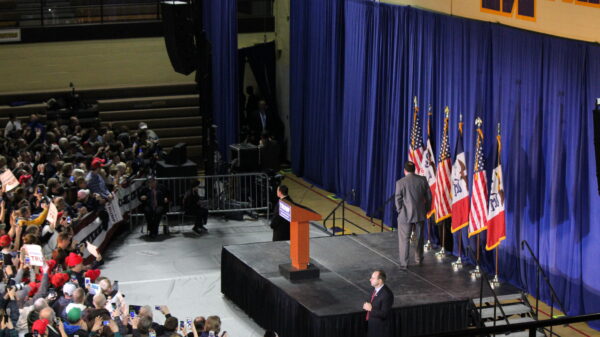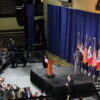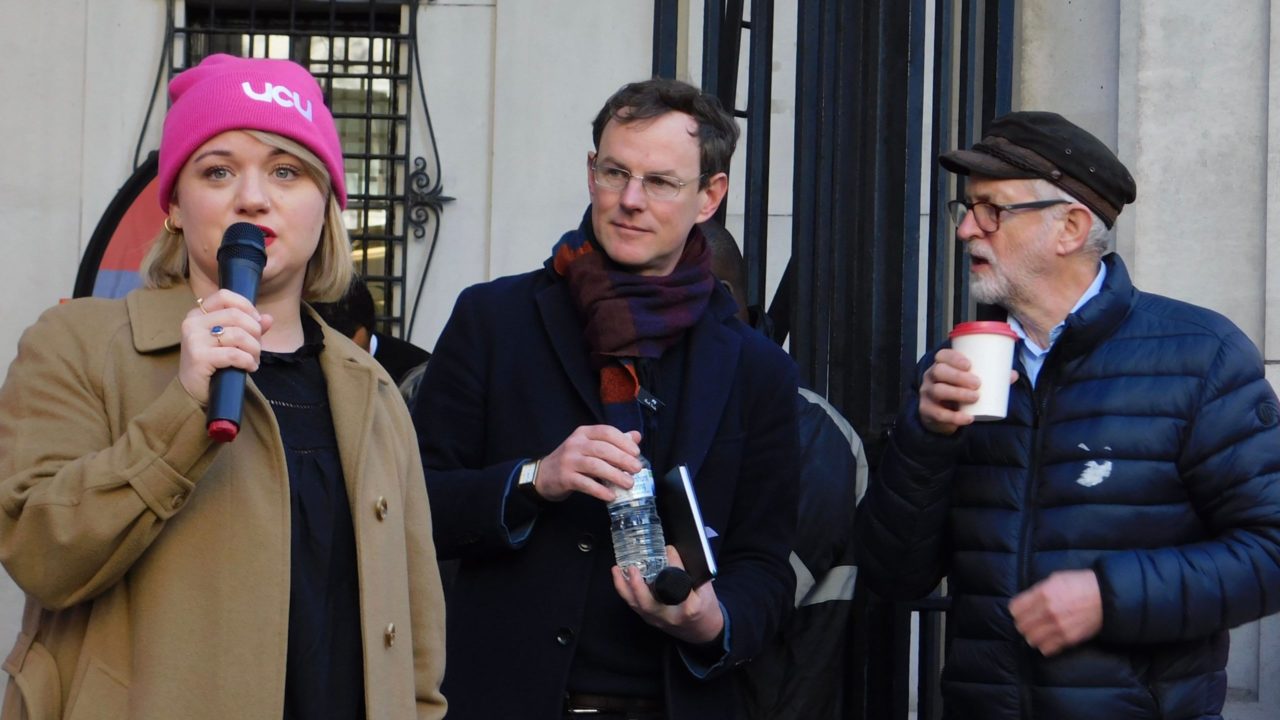As the dust settles after the German elections, Henrique Laitenberger looks at the changes in the German political scene.
Several weeks have passed since the Krauts went to the polls to re-elect Angela Merkel as German chancellor, but the coalition talks only now seem to be drawing to a close. With an astounding 41.5% of the popular vote, the incumbent chancellor led her party against the odds, the Christian Democrats, to their best result since 1994, leaving the rival Social Democratic and Green parties far behind. Many foreign commentators were quick to remark on the startling political stability in Germany, where everything seemed to be business as usual. While the rest of Europe experiences massive political overhaul with the rise of radical anti-European movements, Germany stood as firm as a steady rock in the middle of the stormy European sea.
However, a few critical voices with a deeper understanding of Germany’s political landscape tried to challenge this ‘continuity’ consensus, suggesting that the reality was a very different one. Indeed, instead of confirming the status quo, some argued that the federal elections had shaken the very foundations of German politics.
While rumours of a watershed in German politics have been greatly exaggerated, there is a strong case for the recent elections being a significant caesura in modern German history. Evidence for this can be observed in the steady decline of Germany’s Social Democratic Party (SPD). Having received only 26% of the vote, the SPD scored its second worst result since the end of the Second World War (the worst one being the 2009 federal election).
This is not only devastating for Germany’s oldest democratic party, which celebrated its 150th birthday this year. It is also a testament to the split of the German left since the beginning of the 21st century, which is set to deepen even further. The SPD has been losing ground to the progressive Green Party, and the more radical Linke (left) since 2002. Many consider the adoption of a market-friendly, welfare reformist agenda under former chancellor Gerhard Schröder as the explanation for the party’s loss of its monopoly on the German left.
The disastrous electoral consequences of the last grand coalition with Merkel (2005-2009) also explains why the SPD has, so far, shunned taking the initiative in negotiating a new coalition with her (despite this probably being the preferred coalition option for the majority of the German electorate). The risk of driving their supporters further into the arms of the Left and the Green Party is a very real one for the German Social Democrats and their leader Sigmar Gabriel, who is rumoured to be preparing his bid for chancellorship in 2017. However, a coalition government might see his career limited to taking the post of vice-chancellor under Merkel.
While Gabriel might take the position with great reluctance, Rainer Brüderle, the main candidate of Merkel’s former coalition party, the FDP, would have assumed this office with great delight. The fate of the Free Democrats equally illustrates the true significance of this electoral result. Their failure to enter the German Parliament means that the classical liberals will not be represented in the Bundestag for the first time in the history of post-war Germany.
With the FDP gone, the CDU is, as of now, the only right-of-centre party represented in the new German Parliament. Given this, and the fact that a coalition between all three left-leaning parties in the Bundestag would have an absolute majority, one might be tempted to suggest that Germany as a whole has moved to the left. That, however, is not the case.
If anything, the federal election has been a testimony to the increasing conservatism of the German electorate. For the first time since 1990, more than half of the German electorate voted for right-of-centre parties. The paradox of this is not reflected in the composition of the newly elected Parliament, because parties that receive less than 5% of the popular vote are not represented in the Bundestag.
This rule, destined to exclude extremist splinter groups from achieving parliamentary representation, now means that roughly 15% of the German electorate have voted for parties that did not manage to enter the Bundestag. Aside from the FDP (4.8%), this mainly included the newly founded, anti-Euro, socially conservative Alternative for Germany (AfD), which managed to obtain 4.7% in their very first participation in a nationwide election. The remarkable success of the conservative Eurosceptics, who advocate the dissolution of the Eurozone, is probably the most significant phenomenon underpinning the thesis of German political transformation.
The AfD’s rise is also the reason why the SPD is likely to eventually come to an understanding with Merkel’s CDU on a coalition. Instead of waiting for snap elections which might throw the German political landscape into further disarray, the AfD is being allowed to enter the Bundestag after all (as the latest polls suggest). If they agree to a coalition, Merkel can be assured of maintaining herself in the chancellery, governing with a majority controlling 80% of the parliamentary seats.
While it does seem as though ‘business as usual’ may ultimately prevail in Germany, constitutional scholars have already pointed to the fact that such a ‘super majority’ set against a minuscule opposition may pose a threat to Germany’s young democratic culture. Indeed, the result of four years of CDU-SPD government in Germany might signify that the real overhaul of German politics is to come in 2017, at the next federal elections.
King's College London. Award-winning student newspaper, a platform to share your story, and a publication that holds entities accountable when no one else dares.
















